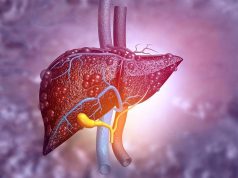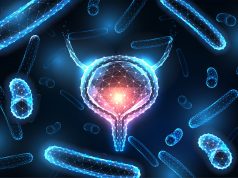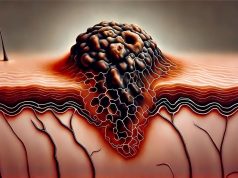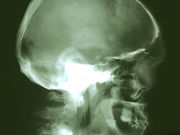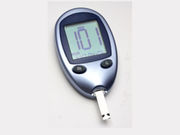~1% of Physicians Account for One-Third of Malpractice Claims
A few doctors account for disproportionately large number of paid malpractice claims
Extended Elevated Recurrence Rates for ER-Positive Breast CA
Elevated recurrence rate during extended follow-up for patients with no axillary involvement, + nodes
ACP Presents High-Value Care Advice for Hematuria
Seven pieces of high-value care advice presented to clinicians for evaluating patients with hematuria
Prednisolone Therapy Induces Procoagulant State
Ten days of treatment linked to increase in peak thrombin, velocity index, PAI-1, and vWF
Consistent CRC Detection Seen for Fecal Immunochemical Tests
Effectiveness of the test varies between 73 and 78 percent in years two through four
Possibility for Health Care Legislation Changes in 2016
Bipartisan issues could be on agenda, including elimination of proposed tax on medical devices
Only Severe Preeclampsia Linked to Antiβ2GP1 Immunoglobulin G
Severe preeclampsia seems to be distinct entity from non-severe preeclampsia
Research Suggests Broader Role for HPV in HNSCC Etiology
HPV-16 and other HPVs, including γ11- and γ12-HPV species and β1-HPV-5 type, all implicated
Hypoglycemia, Atherosclerosis Progression Link Explored
Serious hypoglycemia linked to progression of CAC only in standard therapy group of VA Diabetes Trial
About 1 in 7 Colorectal Cancer Patients Younger Than 50
And younger patients more likely to have advanced-stage cancer




